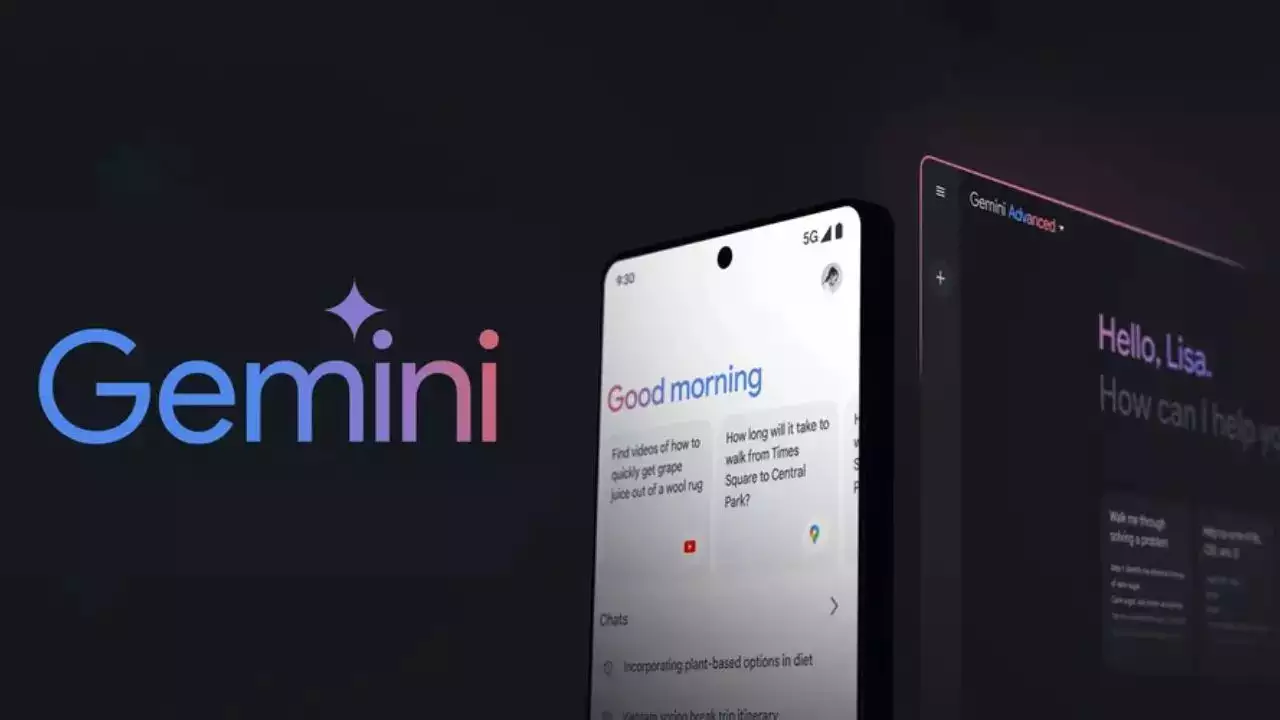Google’s Gemini AI image generator, taken offline due to concerns over inaccurate image creation, is slated for relaunch in the coming weeks, announced Google DeepMind CEO Demis Hassabis. The tool was initially met with criticism for producing images that contained historical inaccuracies and questionable content.
Key Highlights
- Gemini AI will be relaunched in a matter of weeks.
- The initial version had issues with historical accuracy and inappropriate outputs.
- Google is working to resolve these issues before bringing the generator back online.
- AI image generators are under scrutiny due to biases and inaccuracies.
Addressing the Issues
Hassabis, speaking at the Mobile World Congress in Barcelona, acknowledged that the initial version of Gemini AI “was not working the way we intended.” He emphasized that Google is taking steps to rectify the problems. The company’s temporary suspension of the image generator focused on fixing historical inaccuracies that emerged in some image outputs.
More on Google Gemini AI
- Background: Explain what Gemini AI is – a large language model from Google, part of the Gemini family of models that can also create images. Discuss its intended purpose (e.g., aiding creativity, illustration, etc.)
- Technology: Delve a bit deeper (without getting overly technical) into how image generators like Gemini AI work. A simple explanation of converting text prompts into images would add context.
Challenges of AI Image Generation
- Bias: Explore how AI image generators can reflect biases present in the data they’re trained on, leading to stereotypical or discriminatory outputs. Offer a real-life example if possible.
- Copyright: Touch on the copyright issues surrounding these tools. Are the images they create considered original work? Can they infringe on existing copyrighted material?
- Potential for Misuse: Discuss concerns about generating deepfakes or images intended to mislead or harm, especially in a world rampant with misinformation.
The Challenge of AI Image Generation
The incident with Gemini AI underscores the complexity of artificial intelligence image generators. These tools, while capable of impressive visual output, can perpetuate biases and generate images that may be inaccurate or even harmful.
Google’s experience with Gemini AI reflects the widespread challenges faced by companies developing AI systems. Addressing these concerns is a crucial step towards ensuring the ethical and safe utilization of artificial intelligence in this rapidly developing technological landscape.
Subheading: The Road Ahead
Google’s commitment to refining Gemini AI is a positive step. The company’s recognition of the tool’s limitations suggests an awareness of the potential pitfalls associated with AI image generators. The focus on improving accuracy and addressing biases will be instrumental in the generator’s successful relaunch and future use.
Google’s decision to temporarily take Gemini AI offline demonstrates a responsible approach to handling the ethical dilemmas raised by AI technology. The focus on ensuring the tool’s accuracy and the elimination of biases sets a precedent for other companies in the image generation sector. While the potential for misuse exists, Google’s actions highlight the importance of addressing ethical considerations during the development and deployment of AI solutions.





























